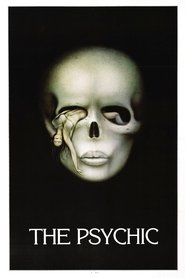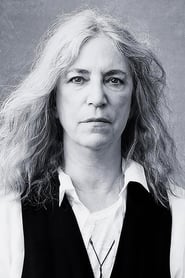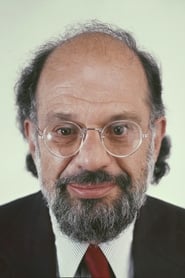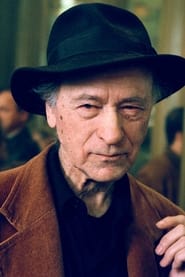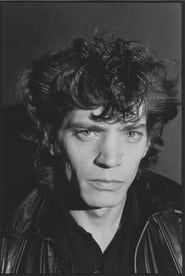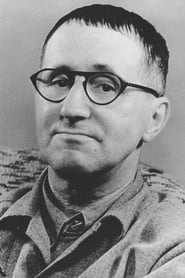No. 18: Mahagonny
Harry Smith’s final film; an epic four-screen projection. Smith worked on this cinematic transformation of Kurt Weill and Bertolt Brecht’s opera Rise and Fall of the City of Mahagonny (1929) for over ten years and considered it his magnum opus. The film was shot from 1970 to 1972 and edited for the next eight years. The “program” of the film is meticulous, with a complex structure and order. The Weill opera is transformed into a numerological and symbolic system. Images in the film are divided into categories— portraits, animation, symbols and nature— to form the palindrome P.A.S.A.N.A.S.A.P. The film contains invaluable cameos of important avant-garde figures such as Allen Ginsberg, Patti Smith, and Jonas Mekas, intercut with installation pieces from Robert Mapplethorpe’s studio, New York City landmarks of the era, and Smith’s visionary animation.
- Overview
- Cast
- Crew
- Recommendations
No. 18: Mahagonny
- Overview
- Cast
- Crew
- Recommendations
Status
Released
Release Date
Sep 13, 1980
Runtime
2h 21m
Genres
Drama
User Score
55%
Original Title
No. 18: Mahagonny
Production Companies
Harry Smith Film
Director
Harry Smith
Description
Harry Smith’s final film; an epic four-screen projection. Smith worked on this cinematic transformation of Kurt Weill and Bertolt Brecht’s opera Rise and Fall of the City of Mahagonny (1929) for over ten years and considered it his magnum opus. The film was shot from 1970 to 1972 and edited for the next eight years. The “program” of the film is meticulous, with a complex structure and order. The Weill opera is transformed into a numerological and symbolic system. Images in the film are divided into categories— portraits, animation, symbols and nature— to form the palindrome P.A.S.A.N.A.S.A.P. The film contains invaluable cameos of important avant-garde figures such as Allen Ginsberg, Patti Smith, and Jonas Mekas, intercut with installation pieces from Robert Mapplethorpe’s studio, New York City landmarks of the era, and Smith’s visionary animation.
Cast
Crew
Recommendations
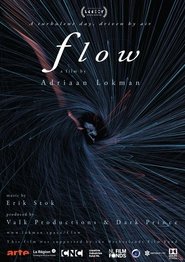
Flow
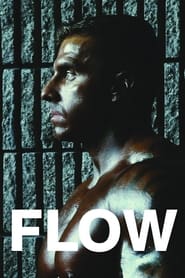
Flow

The Adventures of Prince Achmed
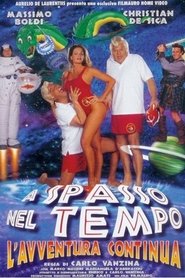
A Walk in Time - The Adventure Continues

Flow
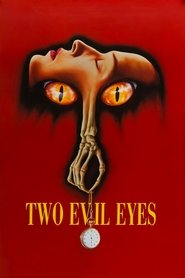
Two Evil Eyes

Little Forest: Summer/Autumn

La Syndicaliste
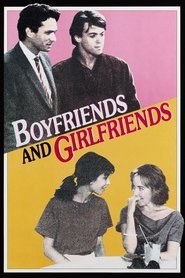
Boyfriends and Girlfriends

The Bride Wore Black

12
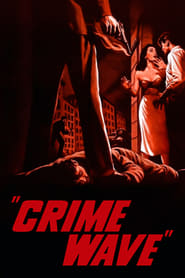
Crime Wave
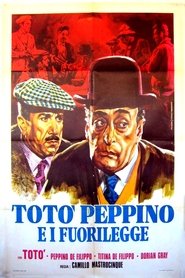
Totò, Peppino e i fuorilegge
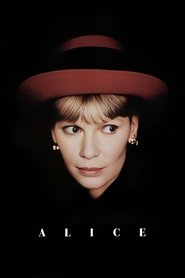
Alice

Mothra vs. Godzilla

A Tale of Springtime
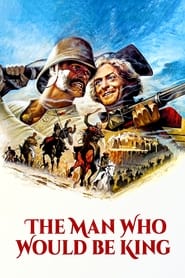
The Man Who Would Be King
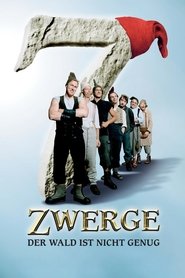
7 Dwarves: The Forest Is Not Enough
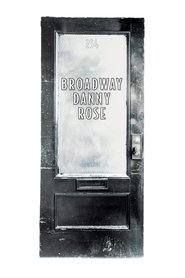
Broadway Danny Rose
